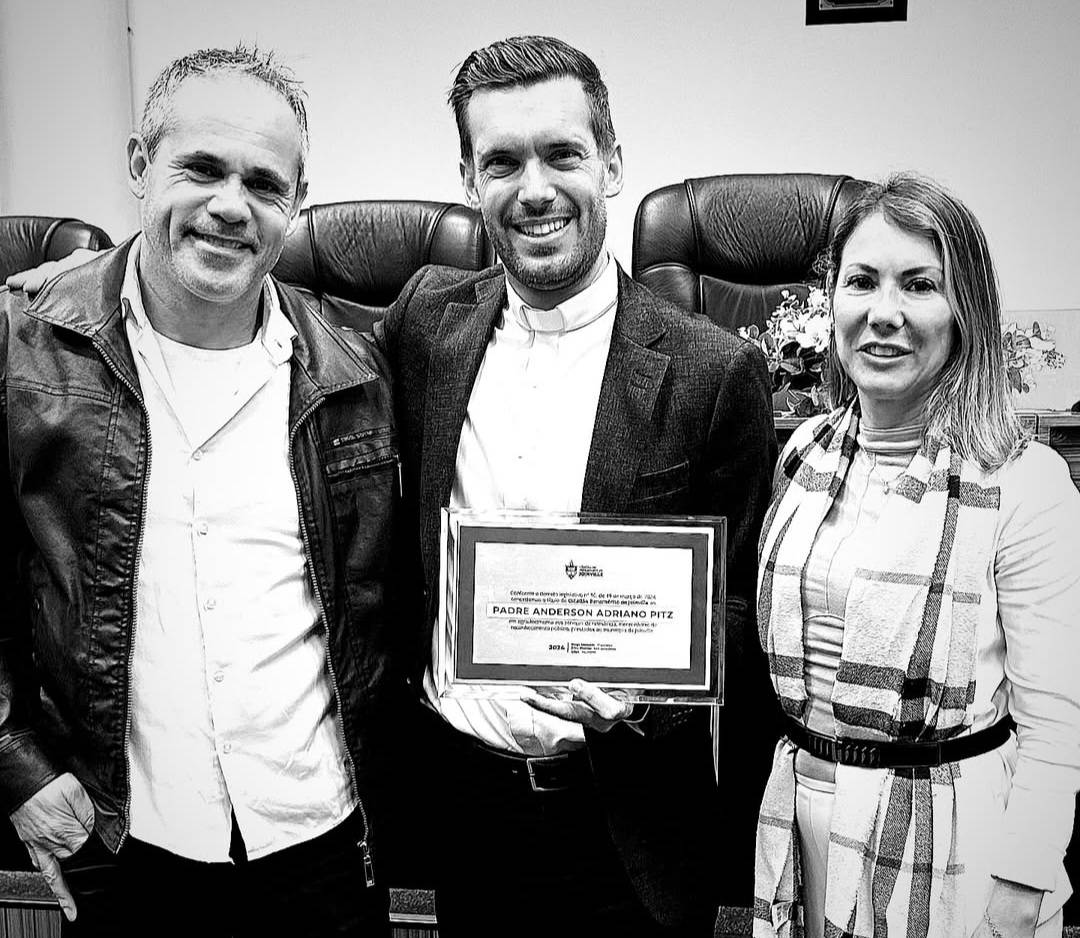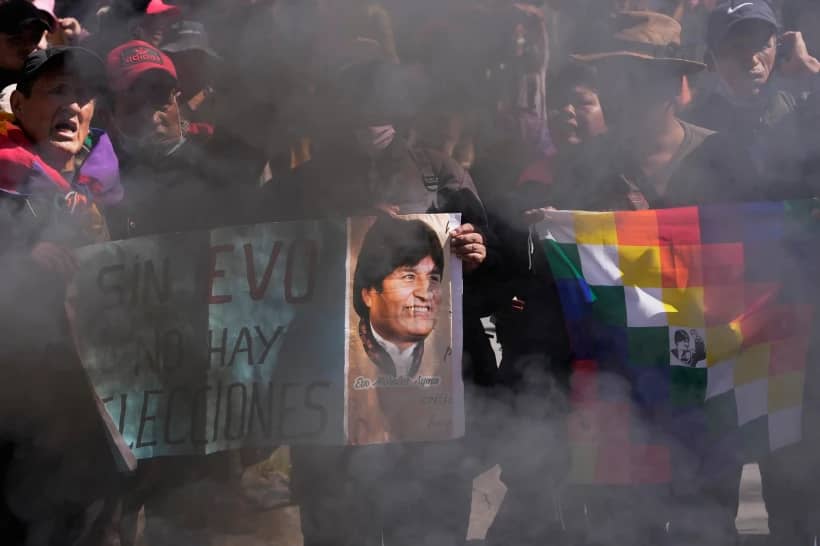SÃO PAULO, Brazil – New statistics show the number of violent deaths in Brazil fell by 11 percent in 2018; however, the total number of homicides were still an astounding 57,341.
Moreover, more than 10 percent of homicides – 6,220 of them – were perpetrated by the police, a rise of 19.6 percent compared to the previous year.
The numbers were presented to the press last week by the Brazilian Public Security Forum (BPSF), a non-governmental entity that every year gathers and analyzes information about crime and violence in the country.
Although the decrease in overall murders is good news, many experts say the rise in deaths caused by security officers is a cause of concern.
“Values such as peace and the defense of communities are extremely depreciated now and are under attack by public leaders in Brazil,” said Cláudio Langroiva Pereira, a professor of Law at the Pontifical Catholic University of São Paulo and a member of the Commission of Justice and Peace of the Archdiocese of São Paulo. “This has an impact on the work of police officers, who have to deal with societal and government pressure.”
According to Pereira, Brazil lacks a serious public security policy at both the federal and state level. He said the country has abandoned the structuring of community police forces, giving a priority to the use of force.
“At the same time, the country ceased to invest in social welfare and in education. The lack of education creates criminality, on the one hand, and the idea of violent repression, on the other,” he said.
Sister Maria Inês Ribeiro, president of Brazil’s Conference of Religious, pointed out that the major victims of police brutality are poor, young men – a segment of the population that should be protected by the rest of society.
“There’s an atmosphere of intolerance in Brazil right now and it generates distrust and aggressiveness,” she said.
The BPSF showed that 77.9 percent of the people killed by police in 2018 were between 15 and 29-years-old and 75.4 percent were black.
“Most inquiries into the deaths caused by policemen conclude with no punishment for their perpetrators,” said Sister Petra Pfaller, national coordinator of Prison Pastoral, a commission of the National Conference of the Bishops of Brazil.
Pereira said he thinks that the trend of rising deaths caused by policemen will continue in the next few years. “There’s no policy of pacification, only of confrontation. It’s a society that bleeds too much,” he said.
Pereira said that the Catholic organizations that deal directly with issues concerning violence play an important role, but don’t have the necessary power to influence the rest of society.
“The only segment in the Church that can really change this state of affairs is the youth. Unfortunately, we missed the opportunity of educating the numerous Brazilian participants of Brazil’s World Youth Day in 2013 on justice and peace.”
Since the 2018 electoral campaign, President Jair Bolsonaro, a former Army captain, ramped up a “zero tolerance” policy on crime, promising to loosen restrictions on the use of force by police and to ease laws against private citizens owning firearms. Bolsonaro constantly criticizes human rights activism, associating it with the political left wing, and has praised the 1964-1985 military dictatorship, when the Brazilian state was responsible for numerous human rights violations, including hundreds of extrajudicial killings.
At the state level, many governors were elected with a similar platform, such as Rio de Janeiro’s Wilson Witzel. During his campaign, he promised to fight criminals with full force.
“The right thing to do is to kill bandits who carry rifles. The police will do the right thing: They will aim at the head and… fire!” he once said. In the first six months of his administration, 881 people were killed by the police in Rio de Janeiro State, the highest toll since 1998, when the data began to be collected.
“We fear the police killings and overall homicides will grow in the near future. The Church struggled for decades for the disarmament of the population and now we’re threatened with the possibility of a broad loosening of gun control policies. It’s a culture of violence that’s being endorsed in Brazil,” said Ribeiro.
Crux is dedicated to smart, wired and independent reporting on the Vatican and worldwide Catholic Church. That kind of reporting doesn’t come cheap, and we need your support. You can help Crux by giving a small amount monthly, or with a onetime gift. Please remember, Crux is a for-profit organization, so contributions are not tax-deductible.

















